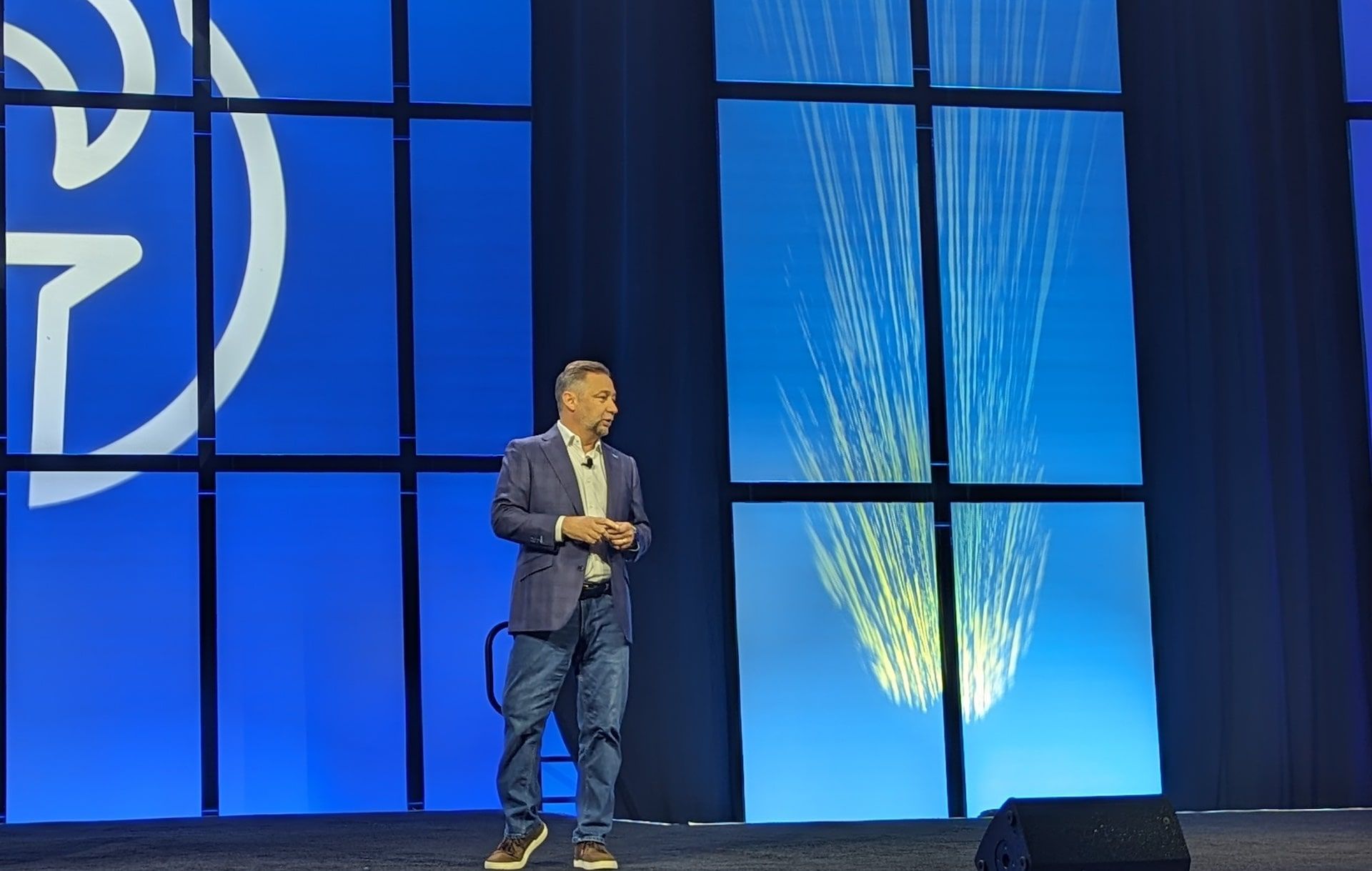In a December 15 ruling, the United States Court of Appeals for the Fourth Circuit found a police department’s policy governing officers’ use of social media platforms to be overbroad and unconstitutional in violation of the First Amendment.
Two officers claimed that their speech rights were violated when they were disciplined for Facebook posts expressing disagreement with the number of rookie officers taking on supervisory roles. Reversing a trial court’s grant of summary judgment in favor of the defendants, the Fourth Circuit held that the officers are entitled to litigate their claims against the infringement of their free speech rights. Liverman v. City of Petersburg, No. 15-2207 (4th Cir. 12/15/16).
The Fourth Circuit’s analysis focused on two provisions of the police department’s social networking policy that were labeled in the ruling as the “Negative Comments Provision” and the “Public Concern Provision.” The Negative Comments provision precluded comments and criticisms of internal operations and specific conduct of supervisors within the department. The Public Concern Provision allowed officers to comment on matters of general or public concern (as opposed to personal grievances), provided the comments “do not disrupt the workforce, interfere with important working relationships or efficient work flow or undermine public confidence in the officer.”
Judge J. Harvie Wilkinson writing for the court stated:
"Running a police department is hard work. Its mission requires capable top-down leadership and a cohesion and esprit on the part of the officers under the chief’s command. And yet the difficulty of the task and the need for appropriate disciplinary measures to perform it still does not allow police departments to wall themselves off from public scrutiny and debate. That is what happened here. The sensitivity of all the well-known issues that surround every police department make such lack of transparency an unhealthy state of affairs. The advent of social media does not provide cover for the airing of purely personal grievances, but neither can it provide a pretext for shutting off meaningful discussion of larger public issues in this new public sphere."
Because the police department’s social networking policy was unconstitutional, the Fourth Circuit held that the disciplinary actions taken against the officers were likewise impermissible. The court also held that the “patent overbreadth” of the policy negates any qualified immunity defense of the police chief, who was also sued individually and in his official capacity. Qualified immunity provides a liability shield to officials who may have committed a constitutional violation, but who, in light of the state of the law, may have reasonably believed that their actions were lawful.
This case demonstrates that challenging free speech issues that can arise when public employees wish to express themselves.
As the United States Supreme Court held in the seminal case of Pickering v. Board of Education, public employees may not “be compelled to relinquish their First Amendment rights they otherwise enjoy as citizens to comment on matters of public concern.”
On the other hand, government employers have considerable discretion to manage their operations. Courts assess the First Amendment inquiry by assessing whether the speech at issue relates to a matter of public concern. If it does, the court must then balance the interests of the employee, as a citizen, in commenting on the matter and the interests of the government body, as an employer, in promoting the efficiency of its public services. Such balancing becomes particularly vexing and challenging with the proliferation of social media. We will continue to report on judicial decisions addressing and striking (often on a case-by-case basis) the necessary delicate balance.
Steven M. Richard is counsel at Nixon Peabody. Read more Nixon Peabody blogs here.




